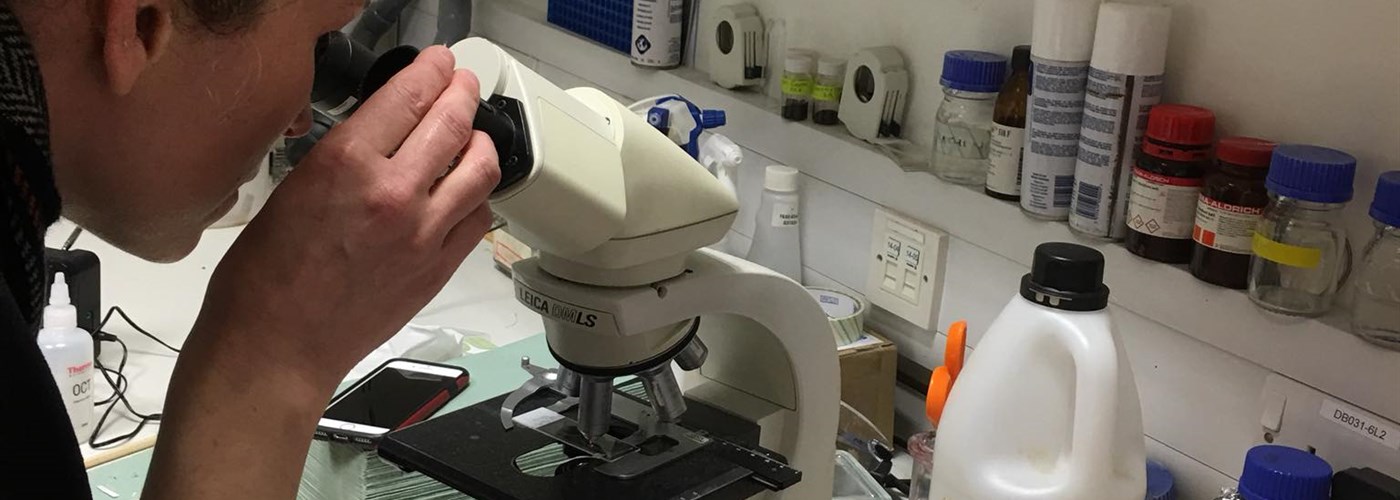What is the Medicines and Healthcare Products Regulation Agency?
The MHRA is the body given responsibility to supervise all medicinal products and regulate the activities of drug manufacturers in the UK. It seeks to effectively regulate and evaluate medicines and treatments based on high quality scientific research.
As highlighted in a presentation given at Action Duchenne’s November 2016 International Conference by Dr Daniel O’Connor, an Expert Medical Assessor at the MHRA, the MHRA in collaboration with patient advocacy charities like Action Duchenne, clinicians and drugs manufacturers realised that more needed to done to promote faster and earlier access to new and innovative medicines, where there is an unmet medical need.
This is especially relevant to Duchenne as there is currently no cure, but due to advances in medical research, there are many more potential treatments becoming available, which offer ways of improving quality of life for those living with Duchenne which existing treatments do not provide. In the case of Raxone it has been decided under the EAMS Programme that it offer an unmet need for Duchenne patients to reduce the decline in the loss of their respiratory functions.
For all these reasons Action Duchenne recognises the importance of this scheme in ensuring that access to promising, innovative and new medicines for Duchenne community is made faster, so that the quality of live for those living with Duchenne can be transformed.
What is the EAMS Programme?
The EAMS Programme introduced by the Government in March 2014 aims to give patients with life threatening or seriously debilitating conditions access to medicines that do not yet have a marketing authorisation when there is a clear unmet medical need.
Why does Action Duchenne believe the scheme is important?
It has always been a major policy and campaigns focus of Action Duchenne, to make drugs and treatments that could potentially improve the lives of those with Duchenne available as quickly as possible. We believe the EAMS programme helps achieve this, as the specific purpose of the EAMS Programme is to provide earlier availability of promising and innovative medicines for rare conditions like Duchenne, before the completion of the licensing process for European medicines.
This is designed in a way so that those living with Duchenne are given the opportunity of accessing new and innovative medicines like Raxone at an earlier stage of the process.
Why is the EAMS Programme relevant for those living with Duchenne muscular dystrophy?
The scheme focuses on examining medicines that aim to treat, diagnose or prevent seriously debilitating or life-threatening conditions, when there are no adequate treatments available.
As Duchenne is a degenerative muscle-wasting condition with no current cure, many of the new and innovative and medicines becoming available for those living with Duchenne could come under the EAMS Programme.
How does the Scheme work in practice?
Under the scheme, the MHRA provides a scientific opinion after evaluating the safety and effective of a medicine to make a decision on whether the benefits of the drugs outweigh the risks. The MHRA makes this decision based on the data available when the EAMS submission was made by the manufacturer of the drug, in the case of Raxone by Santhera Pharmaceutical.
It does this through the following process.
- The Promising Innovative Medicine (PIM) designation – This designation gives an indication that a product may be eligible for the EAMS Programme based on early clinical data provided by the manufacturer of the medicine. The PIM designation will be issued after an MHRA scientific meeting and could be given several years before the product is licensed. Raxone was given a PIM designation in January 2017, on which we provided details here.
- The early access to medicines scientific opinion – This is where the risks and benefits of the medicine are evaluated, based on data gathered from the patients who will benefit from the medicine. Raxone has gone through this process and has been given a positive scientific opinion.
A positive scientific opinion given by the EAMS Programme, provides through the MHRA, a clear analysis of the benefits and risks of a medicine to doctors who may wish to prescribe the unlicensed medicine under their own responsibility for patients.
How long does the opinion last for?
A positive scientific opinion to approve a drug under the EAMS Programme (in this case Raxone) lasts for one year and can be renewed. The positive scientific opinion is applicable across the NHS in England, Northern Ireland, Scotland and Wales. The scheme is voluntary.
It is important to note that the EAMS programme has to cease including new people once a product receives a European licence.
What happens after a positive opinion is given?
Once a positive scientific opinion is approved through the EAMS Programme, the MHRA publishes a Public Assessment Report (PAR), which is made available online. This document goes into the detail of why a positive scientific opinion was given for a drug (in this case Raxone), including information on how the medicine works, the risks and benefits of the medicine and further information about ongoing clinical studies.
The PAR for Raxone can be found here.
Once a positive scientific opinion is given, the manufacturer of the drug then provides regular updates to the MHRA. This is to ensure that the MHRA has the most up to date information on how the medicine works and its safety.
Call us 020 7250 8240


